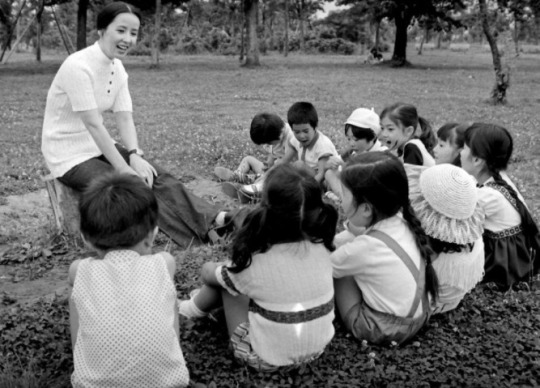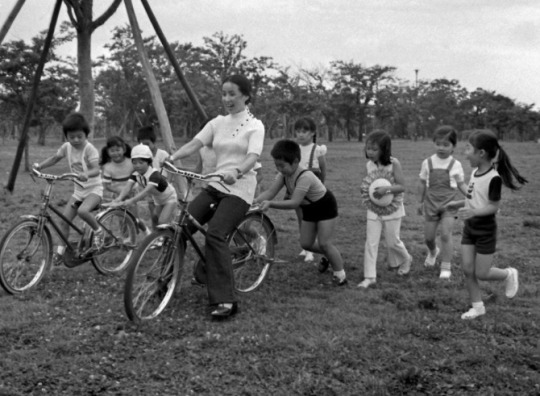#kaoru yachigusa
Text

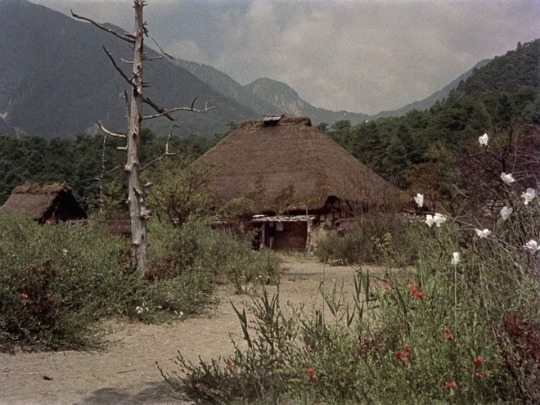

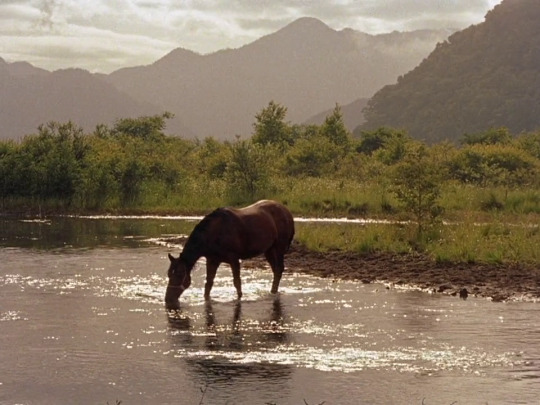

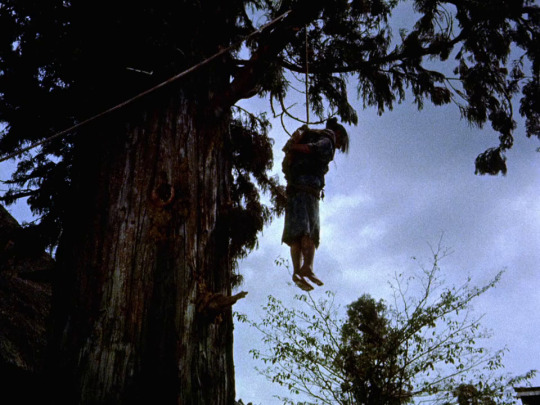


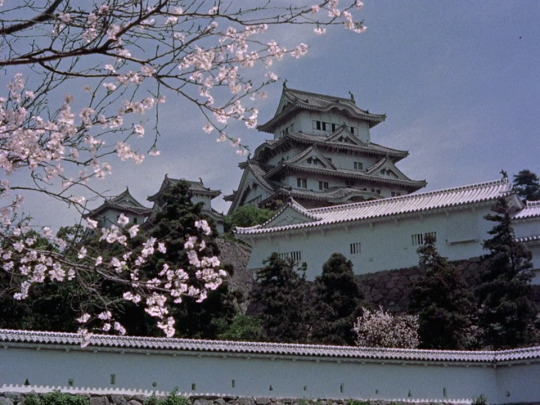

Samurai I: Musashi Miyamoto (1954) | dir. Hiroshi Inagaki
#samurai i#musashi miyamoto#hiroshi inagaki#rentaro mikuni#kaoru yachigusa#toshiro mifune#films#movies#cinematography#scenery#screencaps
56 notes
·
View notes
Text
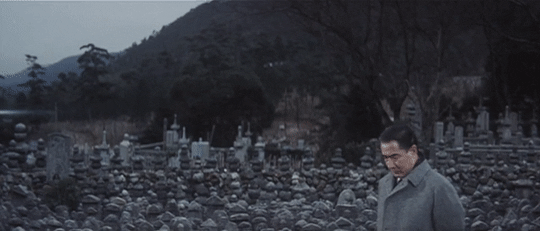
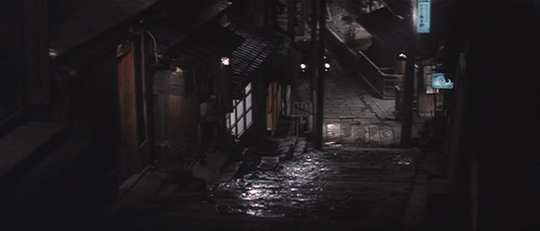
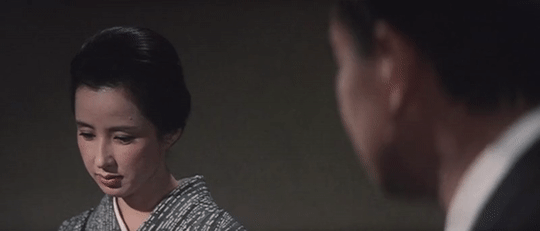
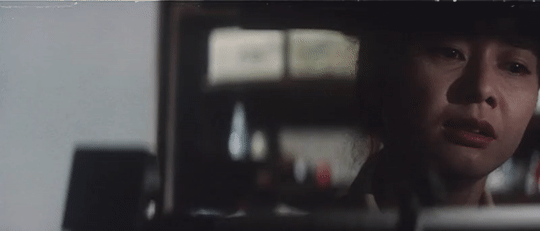
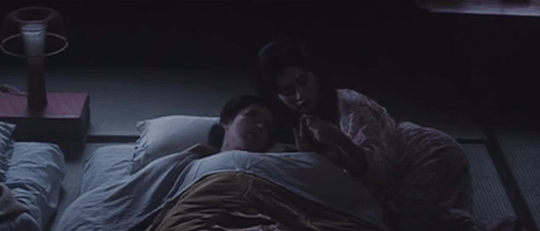
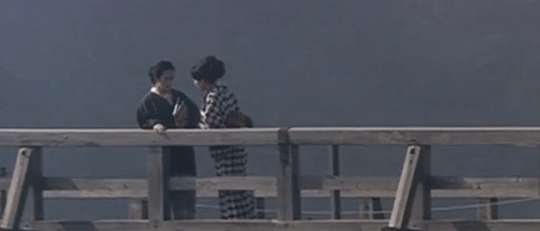
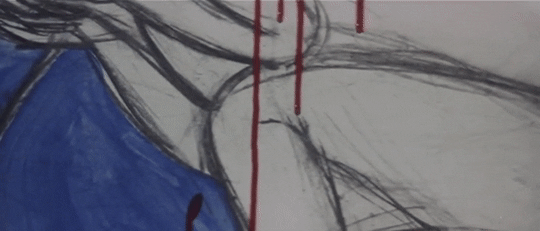
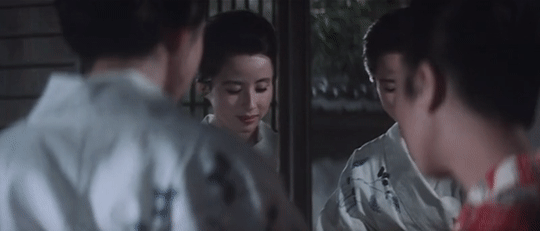
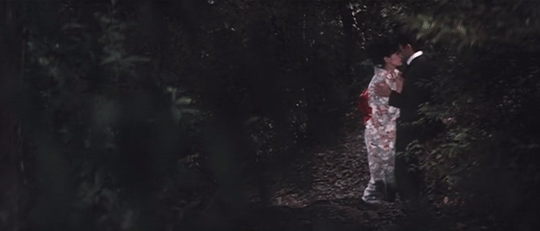
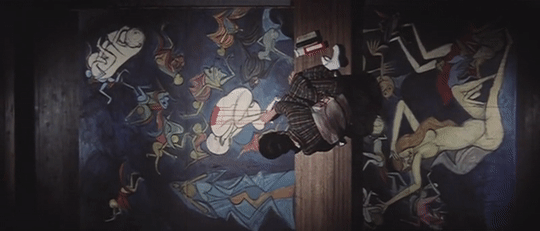
美しさと哀しみと | WITH BEAUTY AND SORROW (1965)
dir. Masahiro Shinoda
When Ōki, the man who seduced the famous painter Otoko as a teenager and then wrote a bestselling novel about it, reappears in her life, Otoko's pupil and lover Keiko hatches a plot to destroy the man and his family from the inside, starting with Ōki himself and moving to his son, Taichiro. Based on the novel Beauty and Sadness by Yasunari Kawabata.
(link in title)
#lgbt cinema#bisexual cinema#Utsukushisa to kanashimi to#with beauty and sorrow#japanese cinema#lgbt#bisexual#japan#lgbt movie#bisexual movies#japanese movie#lgbt film#bisexual film#japanese film#lgbt media#bisexual media#asian cinema#east asian cinema#masahiro shinoda#Kaoru Yachigusa#mariko kaga#Sō Yamamura#1965#60s#1960s#60s movies#60s film#60s cinema#1960s movies#1960s films
20 notes
·
View notes
Photo



舟を編む [The Great Passage] (Yuya Ishii, 2013)
#舟を編む#The Great Passage#Yuya Ishii#dictionaries#words#Japanese cinema#Ryuhei Matsuda#Joe Odagiri#Aoi Miyazaki#Kaoru Kobayashi#Go Kato#Haru Kuroki#Misako Watanabe#Kaoru Yachigusa#Chizuru Ikewaki#Shingo Tsurumi#frienship#Kazuki Namioka#drama film#Shion Miura#editors#大渡海#cinema of Japan#Fune wo amu#2010s movies#Tokyo#love#publishing company#friends#books
23 notes
·
View notes
Text
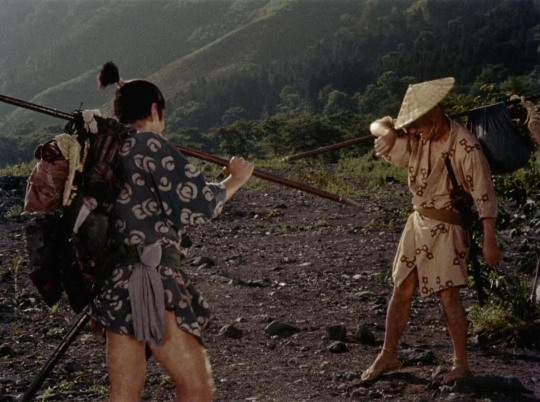
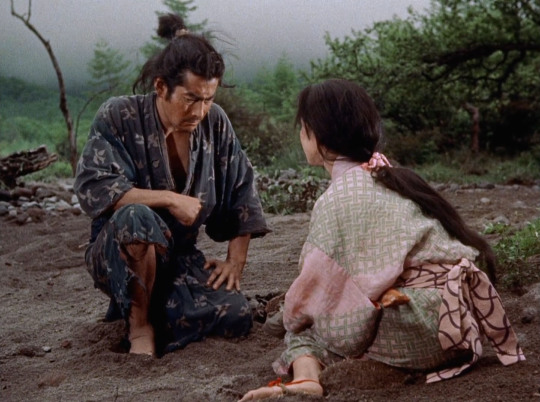
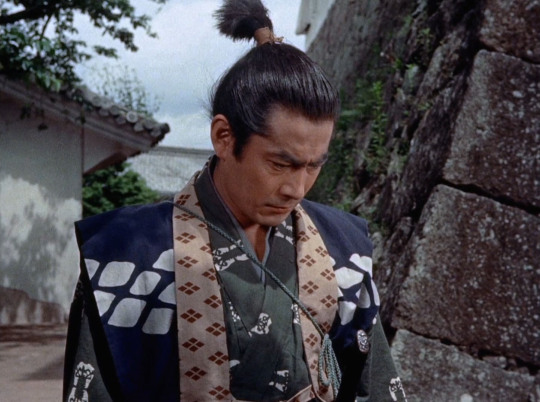
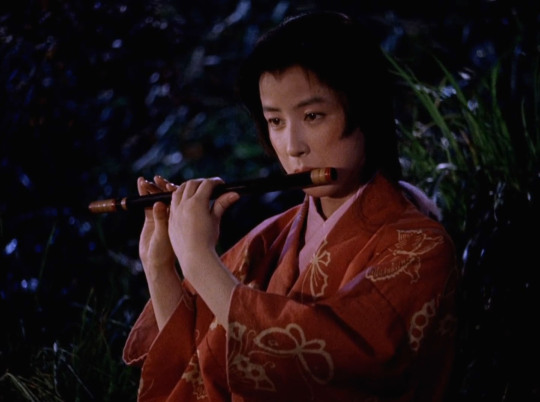
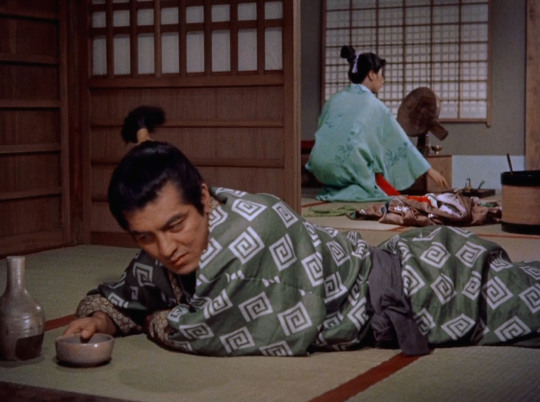
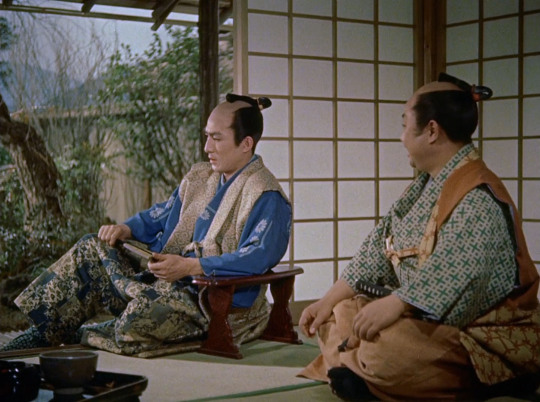
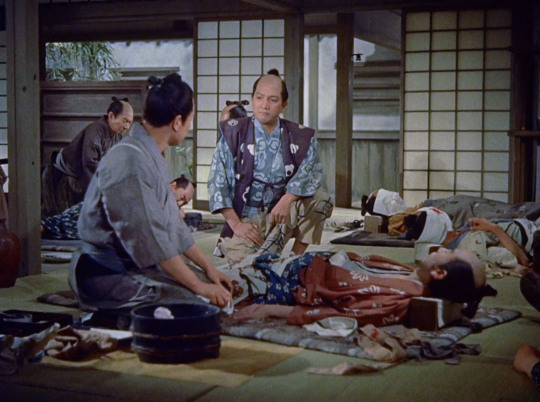
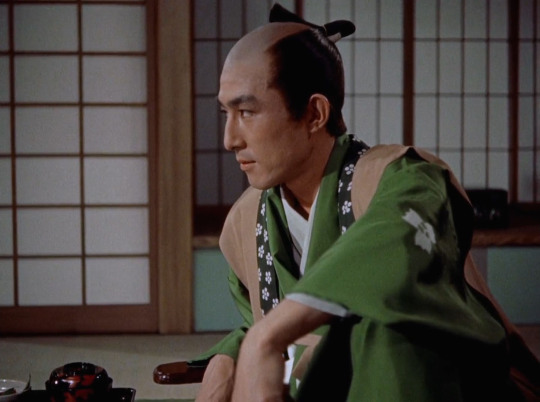
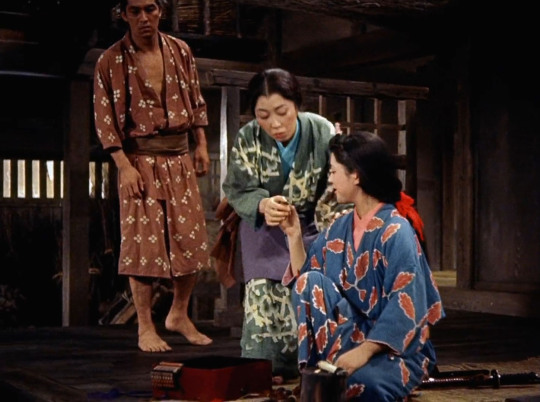
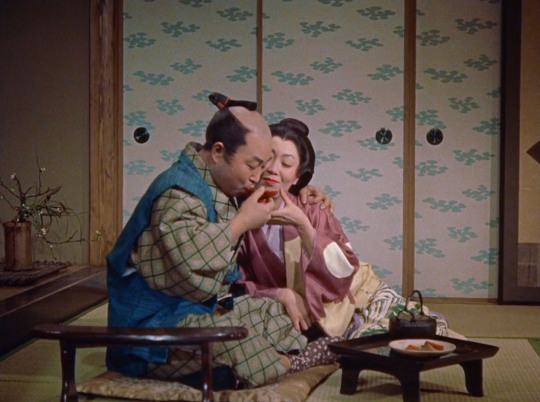
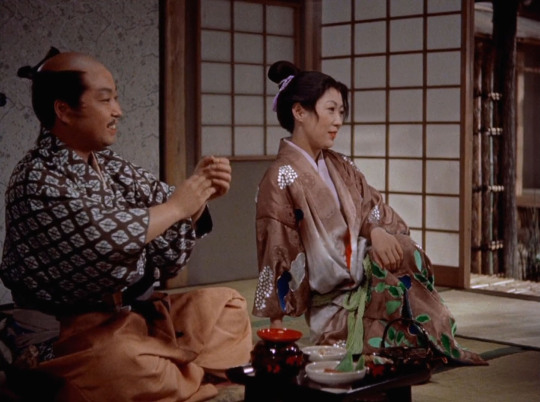
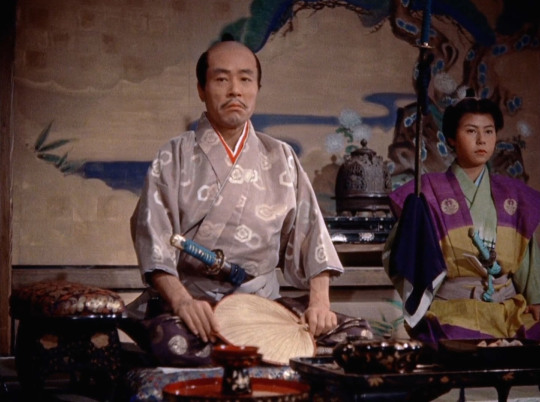
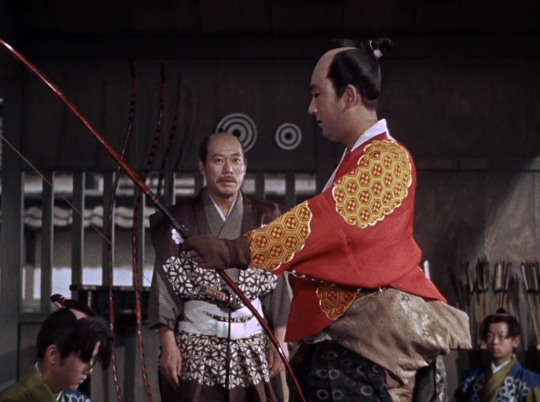
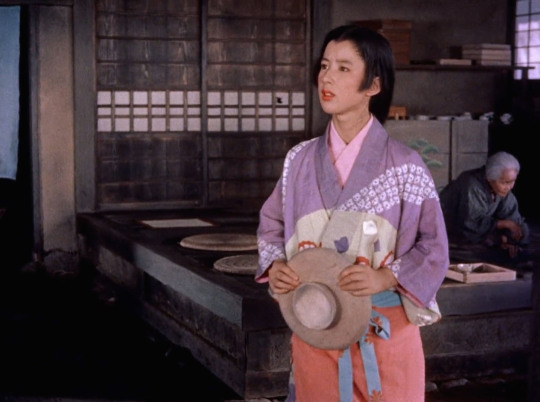
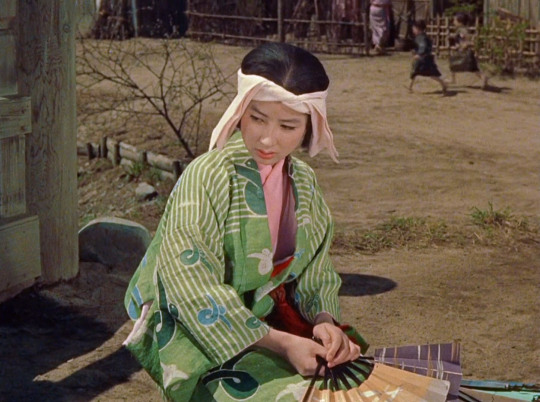
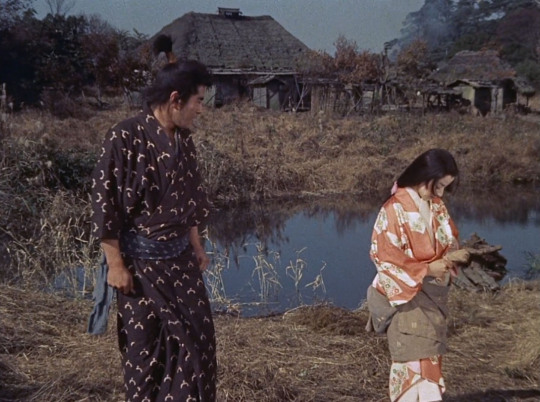
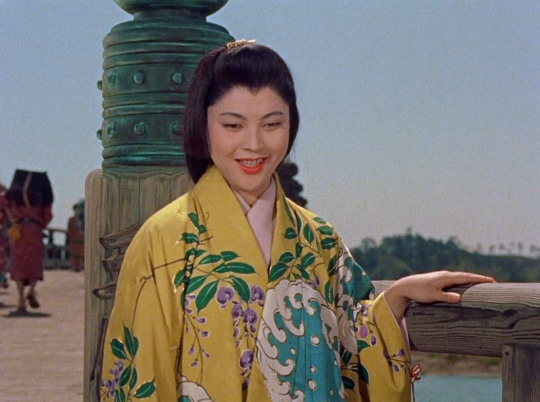
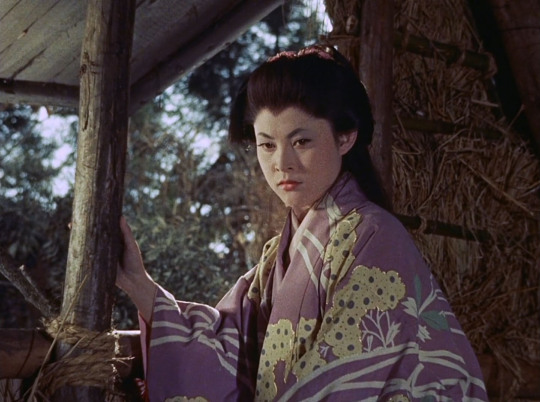
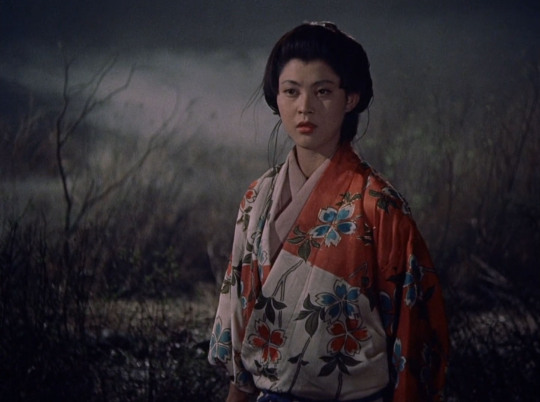
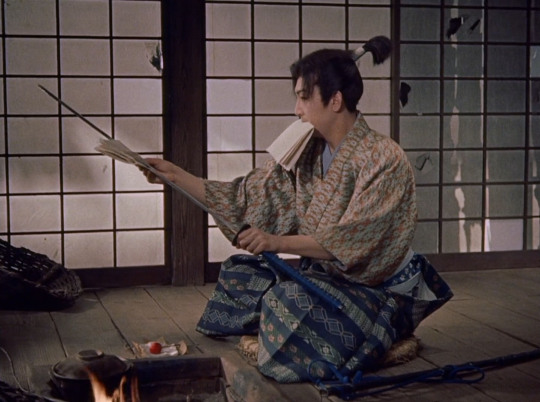
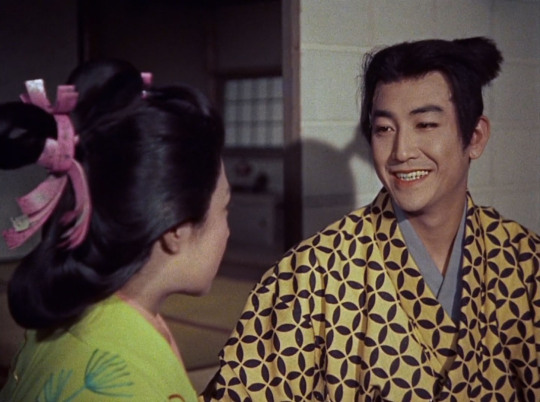
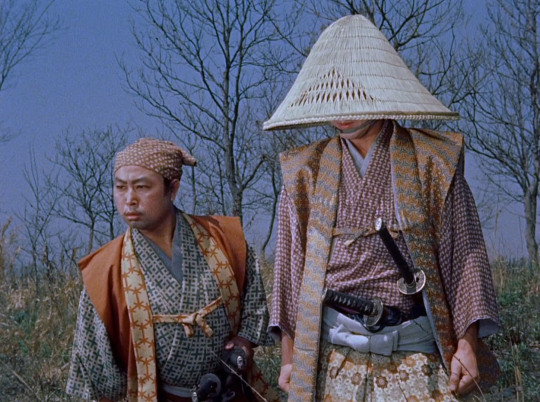
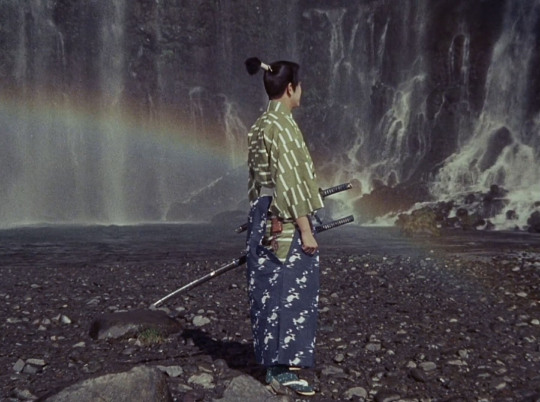
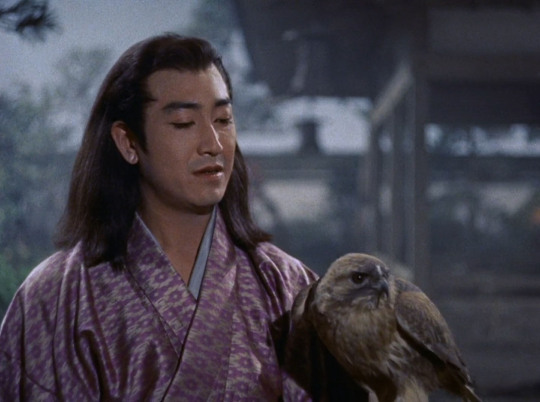
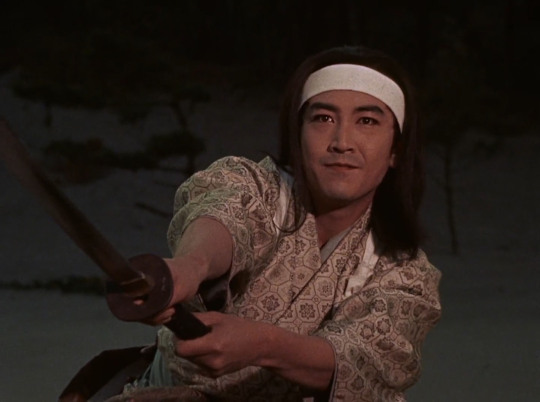
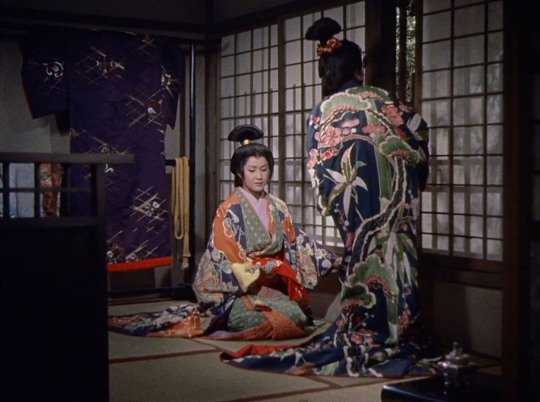
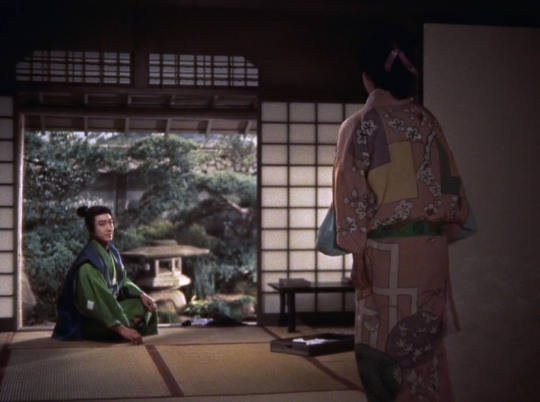
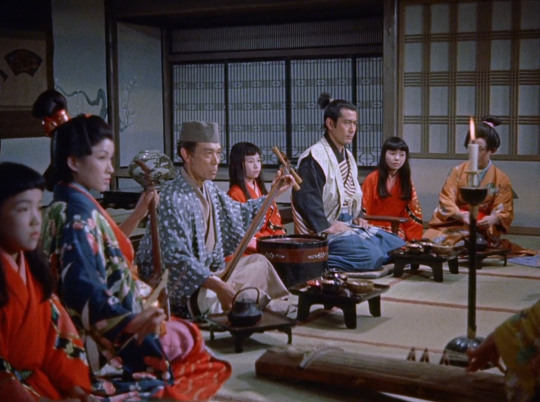
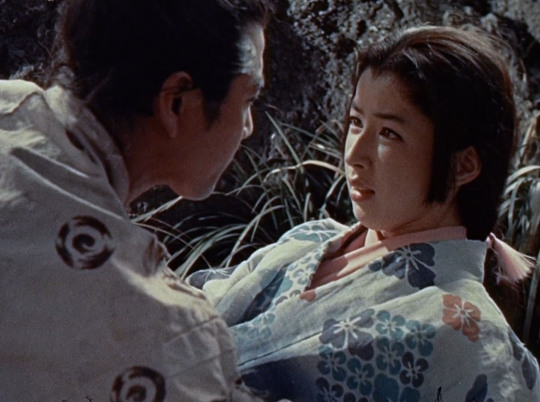
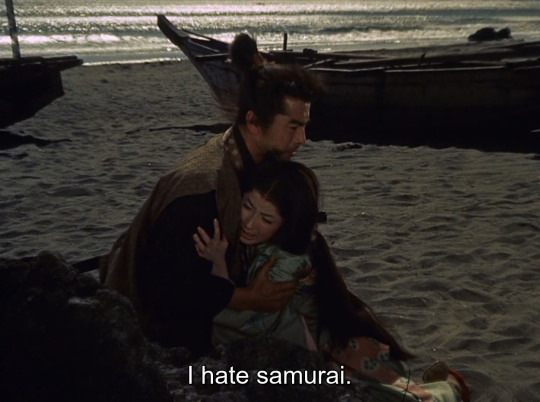
Textile patterns from the Samurai trilogy - 宮本武蔵 / Samurai I: Musashi Miyamoto (1954); 続宮本武蔵 一乗寺の決闘 / Samurai II: Duel at Ichijoji Temple (1955); and 宮本武蔵完結編 決闘巌流島 / Samurai III: Duel at Ganryu Island (1956)
#samurai trilogy#宮本武蔵完結編 決闘巌流島#宮本武蔵#続宮本武蔵 一乗寺の決闘#samurai I: musashi miyamoto#samurai ii: duel at ichijoji temple#samurai iii: duel at ganryu island#hiroshi inagaki#toshiro mifune#kōji tsuruta#koji tsuruta#kaoru yachigusa#mariko okada#fabric#patterns#kimono#samurai#outfits#historical costuming#movie costumes
2 notes
·
View notes
Text

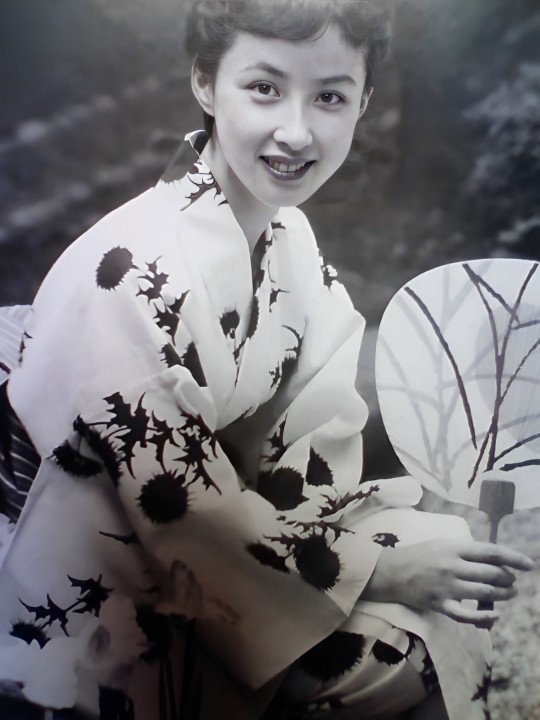
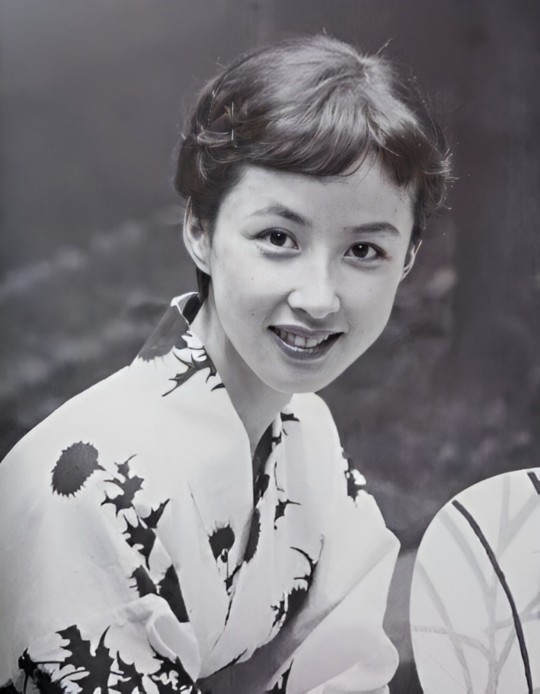
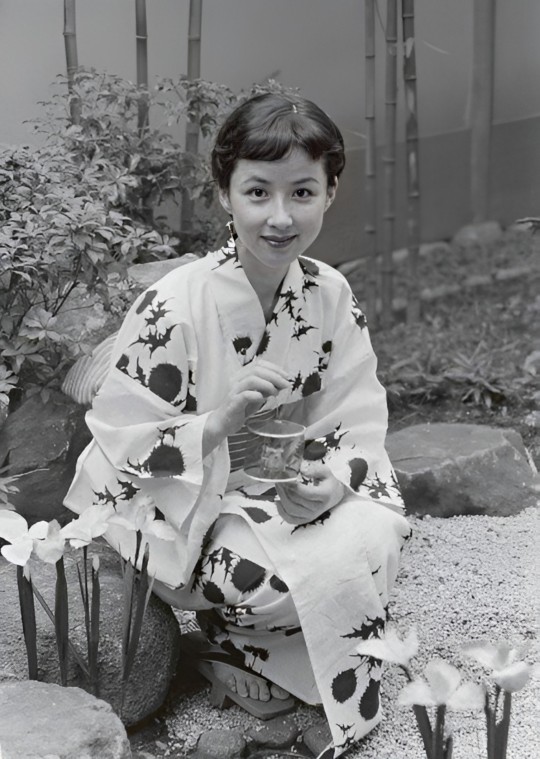
Kaoru Yachigusa
#kaoru yachigusa#50's movies#50's style#50's fashion#50's#50's aesthetic#50s japan#50s aesthetic#50s hollywood#50s movies#50s actress#50s#vintage aesthetic
17 notes
·
View notes
Photo
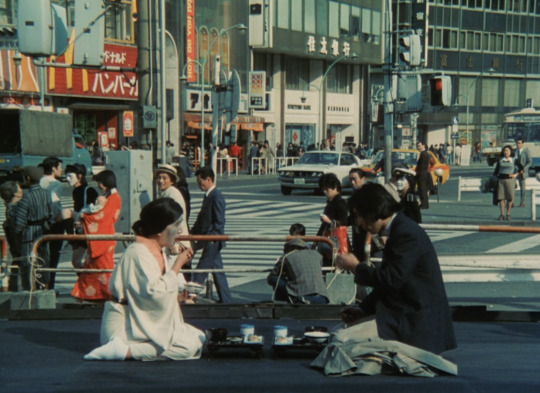


田園に死す / Pastoral: To Die in the Country
Shûji Terayama. 1974
End credits
〒160-0022 Tōkyō-to, Shinjuku City, Shinjuku, 3-chōme−25−1 ヒューリック新宿ビ
See in map
See in imdb
Bonus: also in this location
#shûji terayama#田園に死す#pastoral: to die in the country#kaoru yachigusa#keiko niitaka#pastoral#to die in the country#tokyo#japan#movie#cinema#film#location#japanese new wave#1974#shinjuku
87 notes
·
View notes
Text
Toad’s Oil (2009)
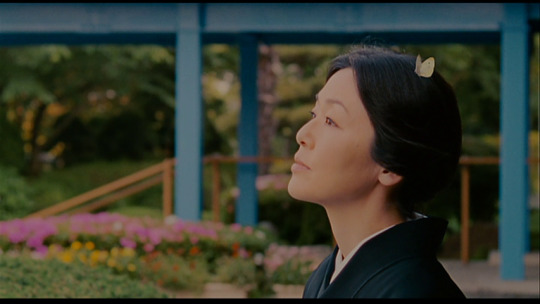





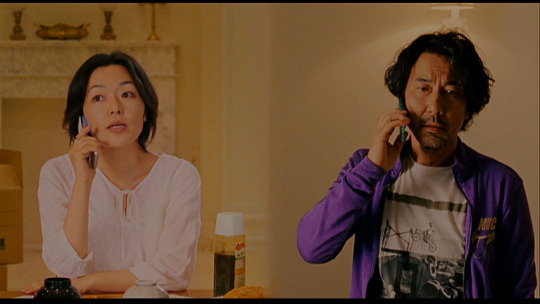



ガマの油 Toad’s Oil (2009)
directed by Kōji Yakusho
#ガマの油#toad’s oil#kōji yakusho#japanese cinema#japanese film#stills#asian film#satomi kobayashi#fumi nikaido#kaoru yachigusa#eita nagayama#asian cinema
11 notes
·
View notes
Text
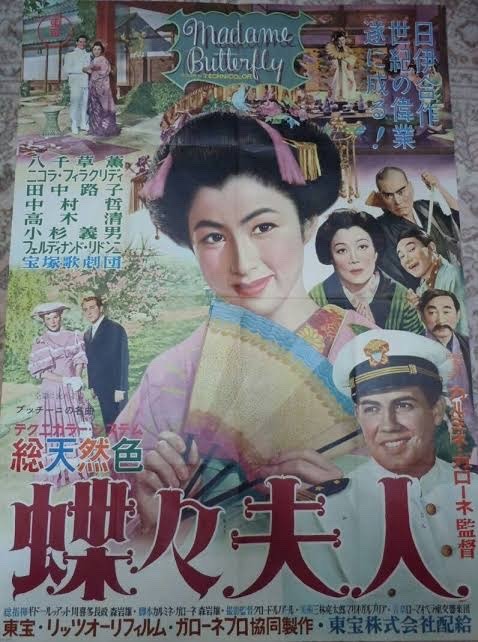
Japanese movie poster for Madama Butterfly (1954)
0 notes
Text
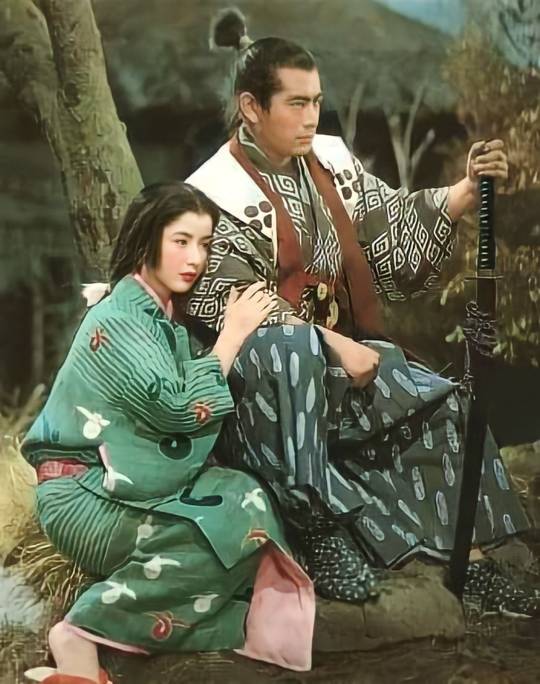
Toshiro Mifune & Kaoru Yachigusa (Hiroshi Inagaki's Samurai trilogy).
69 notes
·
View notes
Note
Loved your thoughts on influencial otokoyaku for the last question! I was wondering if you could do the same for musumeyaku?
The Takarazuka musumeyaku is a very unique and interesting entity, I've been mulling this over for ages and there is no definitive way to answer it so I'm just going to list some random musings:
Ok for one, queen of musumeyaku Hanafusa Mari. She had five husbands, and was top for 8 1/2 years (she is hella old old old old money but still). No one is ever going to do that again.
Hatsukaze Jun, the musumeyaku of the BeruBara Boom.
After that, there are a lot of musumeyaku who went on to successful careers in TV and movies. Decades ago, there was actually a very intentional Takarazuka-to-silver-screen pipeline. Off the top of my head, Yachigusa Kaoru was one of those, but there were so so many and I'm doing this while slacking off a Zoom meeting so I can't look them up right now lol.
More modern examples of the above: Kuroki Hitomi, Dan Rei, Konno Mahiru, Emi Kurara, Haida Shoko, among others...
Even more recent, Sakihi Miyu, Manaki Reika, and Maaya Kiho have been killing it with lead stage roles since retirement, something that in the past only former top otokoyaku were able to achieve with any kind of consistency.
27 notes
·
View notes
Photo
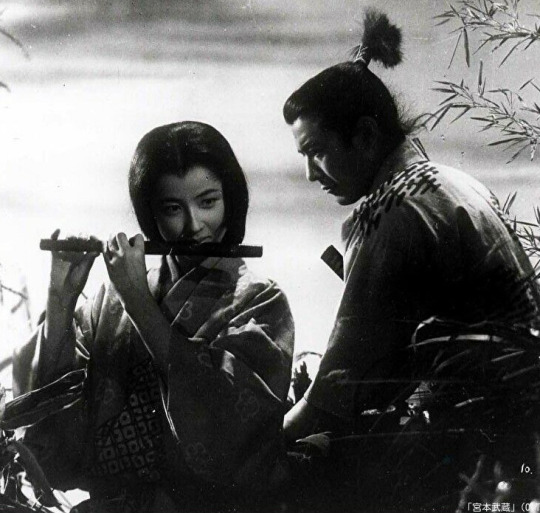
The Legend of Musashi[宮本武蔵](1954)Kaoru Yachigusa, Toshiro Mifune
227 notes
·
View notes
Photo
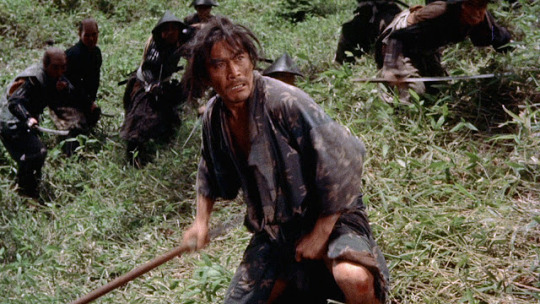
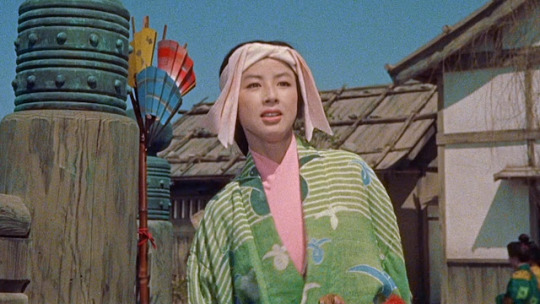
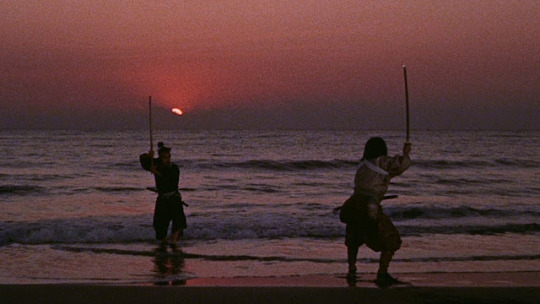
Toshiro Mifune in Samurai I: Musashi Miyamoto
Kaoru Yachigusa in Samurai II: Duel at Ichijoji Temple
Toshiro Mifune and Koji Tsuruta in Samurai III: Duel at Ganryu Island
The Samurai Trilogy: Samurai I: Musashi Miyamoto, Samurai II: Duel at Ichijoji Temple, Samurai III: Duel at Ganryu Island (Hiroshi Inagaki, 1954, 1955, 1956)
Cast: Toshiro Mifune, Kaoru Yachigusa, Koji Tsuruta, Rentaro Mikuni, Kuroemon Onoe, Mariko Okada, Mitsuko Mito, Eiko Miyoshi, Takashi Shimura, Minoru Chiaki, Kokuten Kodo, Ko Mihashi, Daisuke Kato, Eijiro Tono. Screenplay: Hiroshi Inagaki, Tokuhei Wakao, based on a play by Hideji Hojo and a novel by Eiji Yoshikawa. Cinematography: Jun Yasumoto (I,II), Kazuo Yamada (III). Art direction: Makoto Sono (I), production design: Kisaku Ito (II,III). Film editing: Eiji Ooi (I,II), Koichi Iwashita (III). Music: Ikuma Dan.
Toshiro Mifune achieves a kind of gravitas in Hiroshi Inagaki's Samurai Trilogy that he never displays in the movies by Akira Kurosawa in which he played more flamboyant samurai. That's because Hiroshi Inagaki's trilogy is a kind of cinematic Bildungsroman: the education of Musashi Miyamoto, a historic figure who served as a kind of bridge between the swordsmanship tradition of the Japanese warrior and the meditative tradition rooted in Zen Buddhism. It's a strongly planned trilogy where it comes to Miyamoto's development, and Mifune provides a solid center. But I found myself distracted by the Hollywoodizing of the story, especially the subplot involving Otsu (Kaoru Yachigusa), the woman who loves Miyamoto so much that she devotes her life to seeking him out. The argument goes that this romantic subplot represents one of the trials that Miyamoto must undergo before he can achieve the kind of wisdom that his spiritual mentors wish for him, but Otsu's doggedness struck me as heavy-handed and sentimental. Still, it's a fascinating and often spectacular trio of films, beautifully climaxing in the battle between Miyamoto and Kojiro Sasaki (Koji Tsuruta) as the sun sets over the sea on whose verge they are dueling.
2 notes
·
View notes
Photo

"Love"
An emotional state where you feel affection for someone,
and you can't get that person out of your mind, day in and day out,
affecting your ability to focus on other things,
and makes you want to squirm inside.
When fulfilled,
it feels like you're on top of the world.
舟を編む [The Great Passage] (Yuya Ishii, 2013)
#舟を編む#The Great Passage#Yuya Ishii#dictionaries#words#Japanese cinema#Ryuhei Matsuda#Aoi Miyazaki#Joe Odagiri#Kaoru Kobayashi#Go Kato#Haru Kuroki#Misako Watanabe#Kaoru Yachigusa#Chizuru Ikewaki#Shingo Tsurumi#frienship#Kazuki Namioka#drama film#Shion Miura#editors#大渡海#cinema of Japan#Fune wo amu#2010s movies#Tokyo#love#publishing company#friends#books
6 notes
·
View notes
Text
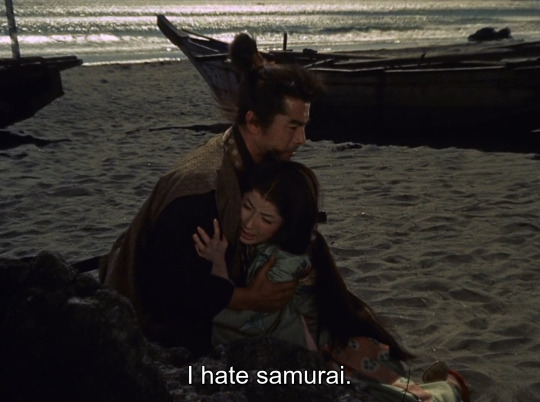
Samurai III: Duel at Ganryu Island (1956)
#toshiro mifune#kaoru yachigusa#musashi miyamoto#samurai trilogy#1956#1950s film#50s movies#samurai iii: duel at ganryu island#hiroshi inagaki#subtitles
1 note
·
View note
Text
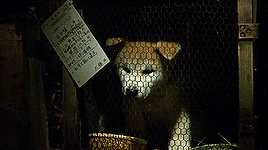
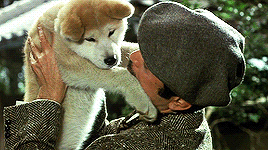
Hachiko Monogatari (1987)
*WARNING: POTENTIAL SPOILERS IF YOU HAVEN'T SEEN THE MOVIE*
Since in November it's gonna be 100 years pf Hachiko in November, I decided to share my review of this movie I had watched a year ago, out of pure love for Japanese culture and dogs. Many of you have heard of the 2009 American version Hachi: Dog's Tale with the great Richard Gere, but this movie is the original movie about the greatest dog to live in Japan. The story is the same as in the 2009 version, but this is true to the original story in Japan.
Although the movie has the same plot as the American version, this movie shows a lot more to the tragic story of the Japan's most loyal dog. Director Kōyama's take into the most known tale of the most famous Akita is to touch your heart with the lovely interaction between the professor and Hachiko, and the interaction between his wife and daughter, who he also loved but the professor was his life. The scenery of the movie is historically accurate to the photos of Tokyo and the Shibuya station before WWII, making it interesting and intriguing to those who are interested in Japan, its history and culture. The emotions the audience experiences is through dog's eyes, and Tetsuji Hayashi's music will both warm your heart and tear you up with each scene. Tatsuya Nakadai as Professor Ueno did a wonderful performance, with Kaoru Yachigusa delivering a tearing performance as the grieving widow.
The critiques I have are towards missing details and innaccuracies in the movie. It bothered me that they didn't include the first statue of Hachi, the one Hachi had seen before his death as a loving gift of citizens of Tokyo, who were touched by his loyal dedication. It would have let the viewers know that Hachi was well respected and cared about, despite the harsh treatments he received before his death. There was also criticism of Tetsuji Hayashi's song at the end of the movie, but that is a matter of taste.
Overall, this movie is a beautiful, yet heartbreaking story of what we humans lack of; loyalty. This movie will surely bring you to tears, and remind us dog owners, to make the most of our moments with them memorable, cause they may have been in one part of our lives, but we have been their whole life.
I totally recommend this movie to dog lovers, to those who have seen the 2009 version of the movie. Warning: prepare tissues for emotional scenes.
1 note
·
View note
